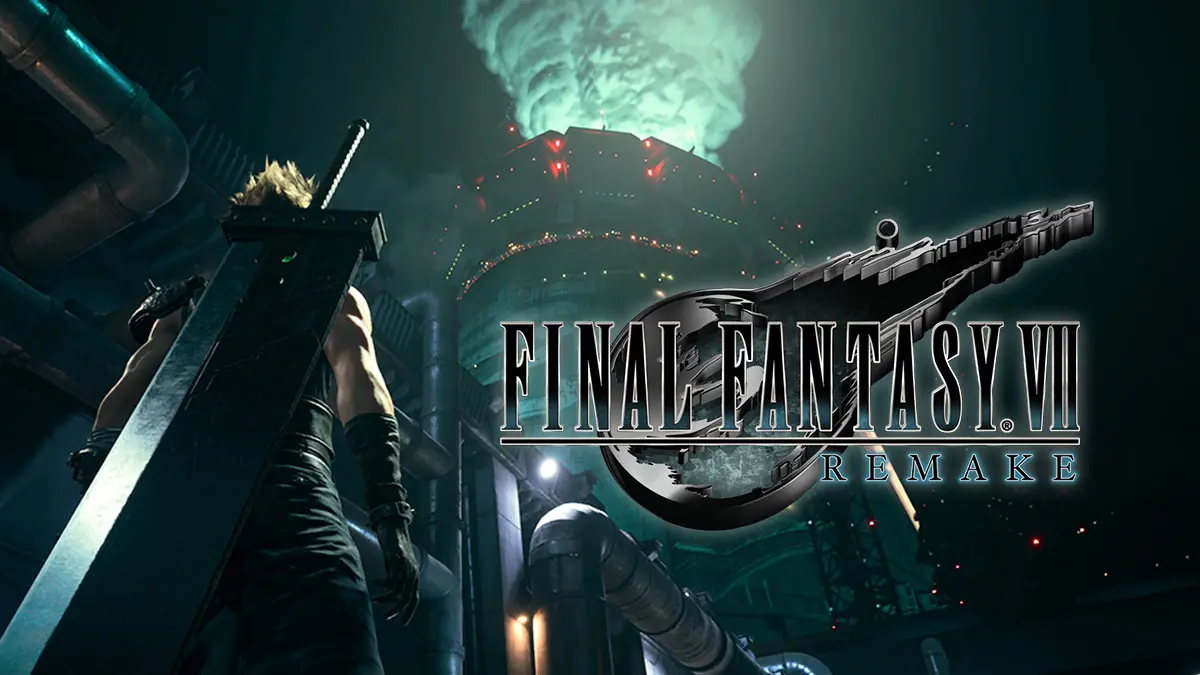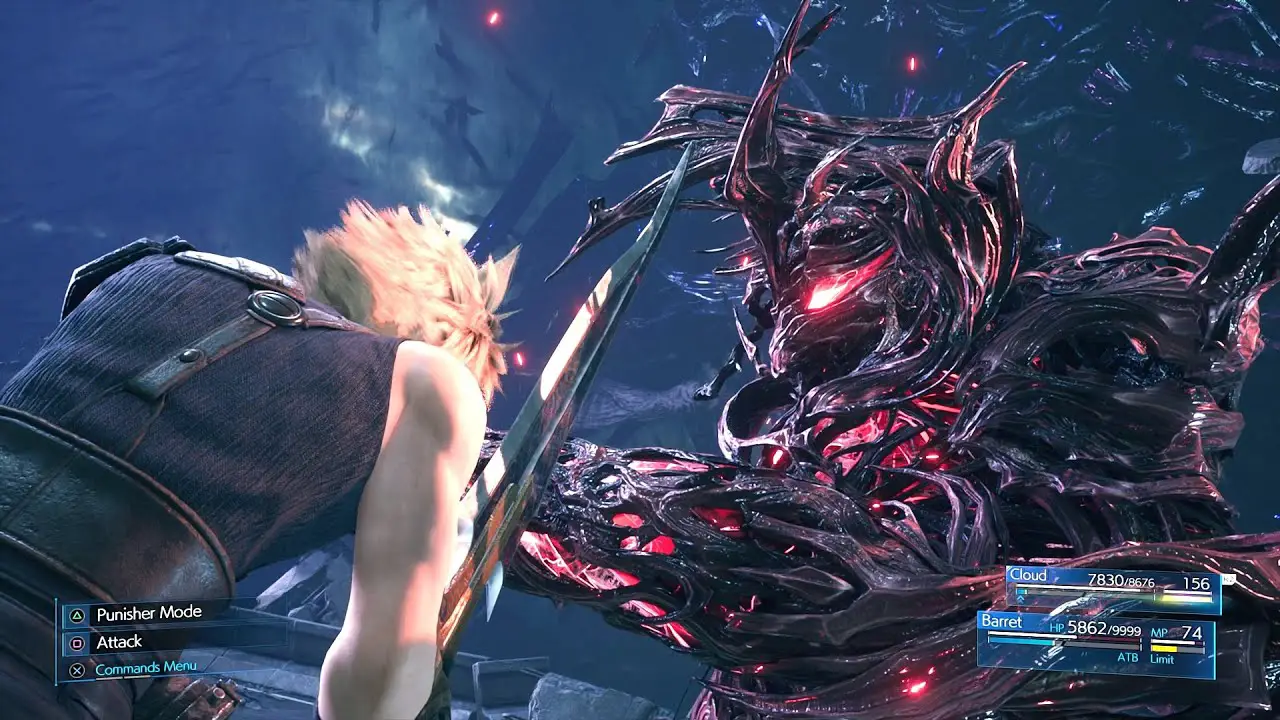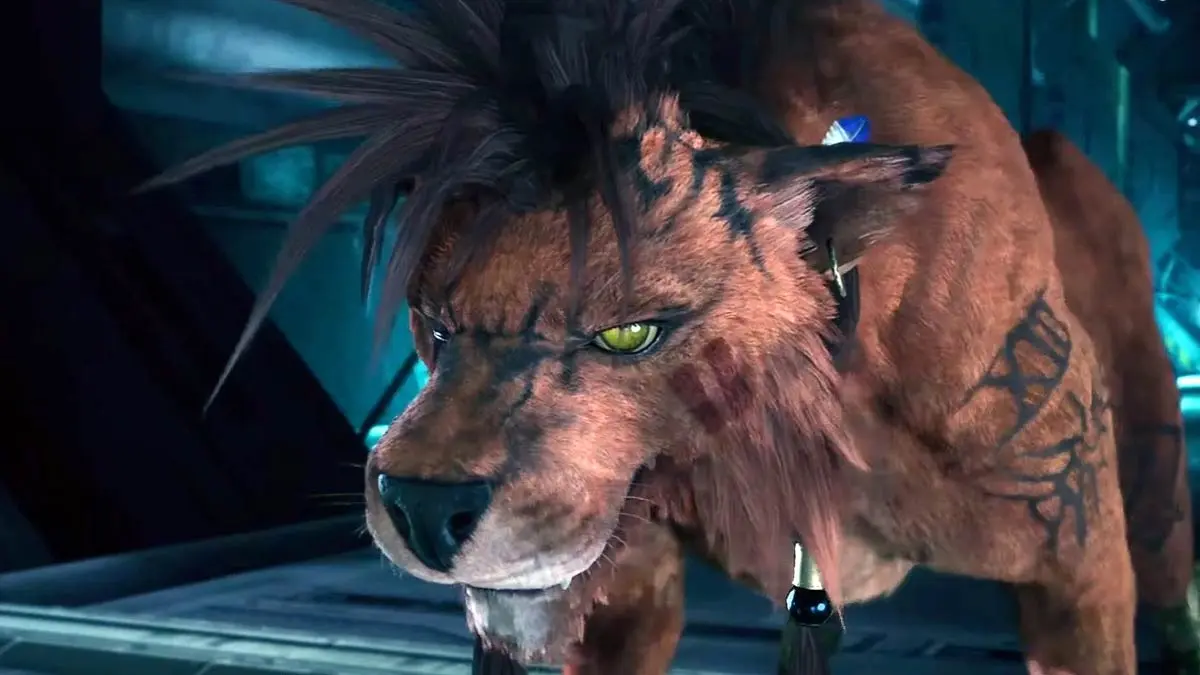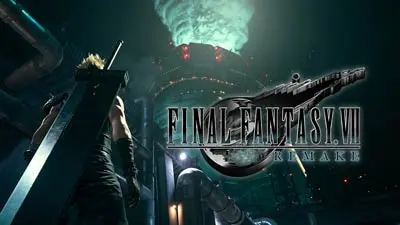
The internet is ablaze with thoughts, theories, and ending explain videos about the Final Fantasy VII Remake. In the weeks and months to come, players are going to delve deeper into the game’s mythology, discovering more context for that divisive ending.
This article is going to delve into spoilers for the ending. So if you’ve yet to finish the game, this is your final warning to shed yourself of JENOVA’s control and tap that back button.
Oh. You’re still here? Good.
Final Fantasy disease
Hajime Tabata, director of Final Fantasy XV, once referred to “Final Fantasy disease” – a virus that had infected both his development team and Square Enix. The disease referred to those who couldn’t imagine anything other than their own view of Final Fantasy which took priority over the development team’s collective success. Tabata has since departed Square Enix, but his insight remains prescient, speaking to the identity crisis the series has seemingly traversed since Final Fantasy XIII released.
Final Fantasy XV was, for me, a vapid game with very little substance outside of its core four characters. Tabata’s disease seemed to sterilize the game, stifling the development process. Of course, this is an entirely subjective view. XV was relatively well-received on the back of the divisive XIII trilogy, and many will point to it as their first Final Fantasy. What they want from the next mainline entry in the series will likely differ from those of us who’ve been around the block. As those opinions might suggest, the disease isn’t reserved for the development team; the fanbase is riddled too.
What’s interesting, then, is that Final Fantasy VII Remake feels like the antithesis of XV. Rather than stifle creativity, Remake is energized by that weight. It feels like the culmination of the previous 15 mainline titles and their sequels, an amalgam of the series’ best bits. These come in overt forms like XIII‘s stagger system, IX’s ability learning system, and XII’s party switching. Whilst there’s plenty of subtle nods through musical cues, the UI and in particular, with the ending – where the sickness reaches fever pitch.

The enigmatic whispers that plagued the narrative from the periphery finally come to the fore as you step into another dimension to battle the Whisper Harbinger and their generals, the Arbiters of Fate. They strive throughout the narrative to course-correct particular moments, like Jessie and Biggs’ fate at the pillar or during Reno’s first appearance at Aerith’s church. The popular theory is that they’re symbolic of the very fans who willed the Remake into existence, determined to usher it along the beaten path.
Yet, I would argue that it’s bigger than that. As Sephiroth cuts open a portal to the Whisperers’ dimension, our heroes stand with the task of freeing themselves from those shackles and leading the narrative in what could be an entirely different direction in the following part. As Red XIII points out when visions of the original flash before them: “This is tomorrow if we fail today.”
This battle felt reminiscent of the divisive Final Fantasy XIII series in a variety of ways, perhaps shedding some light on the battle between old and new fans. The Whisper Harbinger projecting ambiguous visions of the future onto Cloud and the gang is reminiscent of the visions Lightning and her comrades receive after being turned into l’cie in XIII.
As events unfold, we discover that Lightning and company have been tasked with destroying Cocoon. As her party fought to defy their pre-ordained fate, so too do Cloud and the others to overturn their own. The will of the Whispers is crushed like the Sector 7 slums. It seems unlikely that we’ll see them play any further role in the sequel to the Final Fantasy VII Remake.
Challenging fate and destiny
Fate and destiny have always been abstract concepts in Final Fantasy. However, not until the XIII series did it ever feel explicitly forced upon your party by a higher power. In the original Final Fantasy VII, your objectives aren’t ordained. They’re organic, a natural progression of your characters’ arcs, coalescing into a collective objective to defeat the big bad. Whether that’s Sephiroth, Shinra, Kefka, or Sin. That’s why when you arrive in the Whispers’ dimension it’s a jarring tonal shift, one that leans a little too heavily in the direction of the XIII series.
Remake’s abstract tussle with its past, present, and future, extends to the weight of expectation on each franchise entry. It’s not a stretch to talk about the clash between fans old and new in properties that have existed for decades. Star Wars has gone through similar turmoil recently. The Remake is the perfect conduit to communicate that struggle as different fans collected over the years inevitably gravitate towards the most lauded entry. The Whispers feel more akin to the sickness that Tabata referred to, that need to control what Final Fantasy is, was, and should be.
While the game spends the majority of its run-time shrugging off the burden of the past, the final chapter shatters it completely. Things are going to be different for this game and for this franchise, from here on out. The ending isn’t simply about casting aside your need to dictate what path the Remake takes but the whole franchise.

Remaking Final Fantasy VII is the ideal punctuation mark for the franchise with the future in mind. Red XIII’s line carries even greater weight in this context. The entire series needs to look beyond the original Final Fantasy VII. It must forge a new path in order to survive and thrive in a new era.
Did I enjoy the ending? Not entirely, but not because it deviated from the path, rather because of the tone. Neither did I enjoy the tone of the XIII series nor XV. The separation of timelines, though seemingly jumping the shark, can be seen as a nod to the act that your experience of the original still happened.
Conclusion
This is as much a note to self as it is for anyone else who needs to hear it: You will always have the golden era of Final Fantasy. Let the next generation of fans have theirs.
Editor’s Note: Be sure to read Andrew’s The evolution of Final Fantasy VII: PS1 classic to PS4 remake. And for a different take on FFVII Remake, check out Drew’s review.
